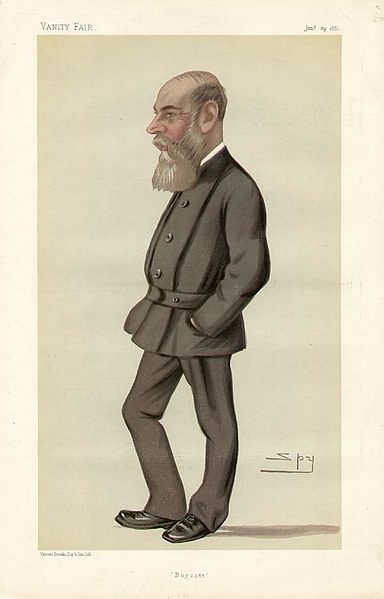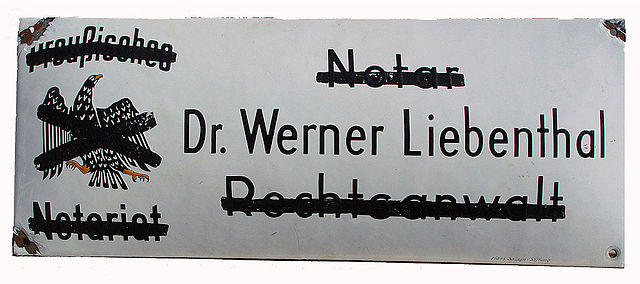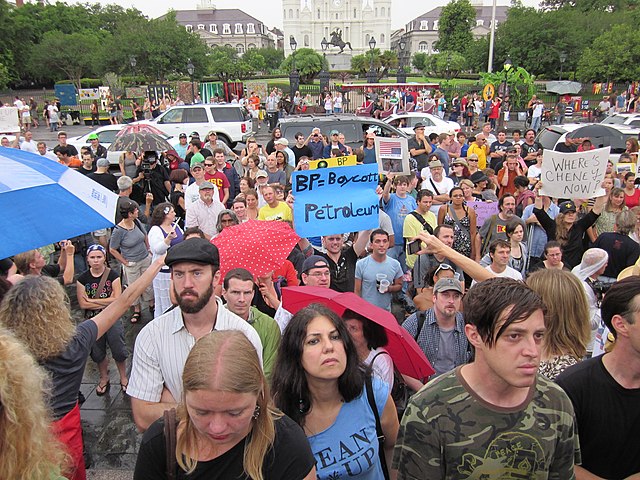Ethical consumerism is a type of consumer activism based on the concept of dollar voting. People practice it by buying ethically made products that support small-scale manufacturers or local artisans and protect animals and the environment, while boycotting products that exploit children as workers, are tested on animals, or damage the environment.
An electric wire reel reused as a center table in a Rio de Janeiro decoration fair. When consumers choose and reuse environmentally friendly material like this, they are practicing ethical consumerism.
A boycott is an act of nonviolent, voluntary abstention from a product, person, organization, or country as an expression of protest. It is usually for moral, social, political, or environmental reasons. The purpose of a boycott is to inflict some economic loss on the target, or to indicate a moral outrage, usually to try to compel the target to alter an objectionable behavior.
Vanity Fair caricature of Charles C. Boycott
Protesters advocating boycott of KFC due to animal welfare concerns
Nameplate of Dr. Werner Liebenthal, Notary & Advocate. The plate was hung outside his office on Martin Luther Str, Schöneberg, Berlin. In 1933, following the Law for the Restoration of the Professional Civil Service the plate was painted black by the Nazis, who boycotted Jewish owned offices.
Protesters advocating boycott of BP due to the Deepwater Horizon oil spill





